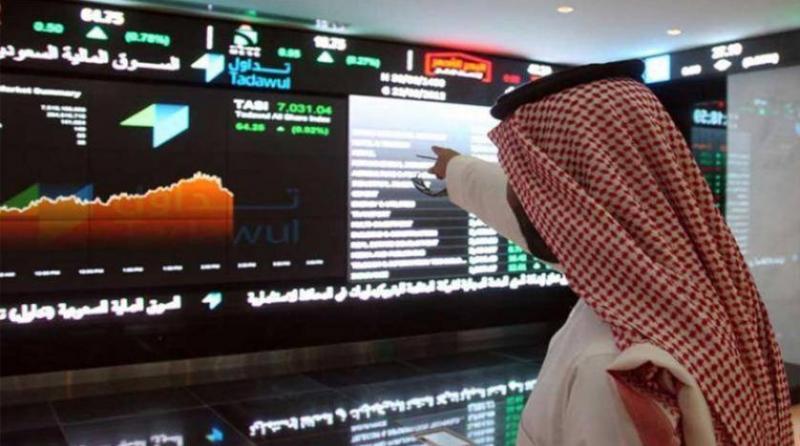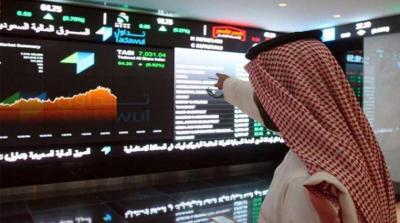The main Saudi stock index closed on Tuesday with a slight increase of 0.06%, gaining 6.43 points to close at 11,414.34 points, marking the highest level since January 17, 2008, with daily trading valued at 7.5 billion riyals. Financial markets expert Ali Al-Zahrani anticipated in an interview with "Al Arabiya" that the imminent crossing of the main Tadawul index "TASI" beyond the 11,500 point threshold could signal a strong return of daily liquidity, potentially rising to levels of 10 billion riyals.
He explained the recent liquidity decline was due to investors’ inability to push prices to higher levels, coinciding with the rise in oil prices and the waning effects of the COVID-19 pandemic on the Saudi economy. Regarding the Zain towers deal, Al-Zahrani predicted that ultimately Zain would retain about 20% of the towers in the future phases, noting that more details about the deal would emerge in the coming days.
During today's session, over 190 million shares were traded through more than 300,000 transactions, with shares of 75 companies seeing an increase in their values, while 104 companies experienced declines. Shares of Al-Batik, Tabuk Agricultural, Ma'aden, AXA Cooperative, and Wafra led the gains, while shares of Sadar, Al-Saqr Insurance, Glass, Tihama, and Al Ahli REIT1 saw the most significant losses, with fluctuation rates ranging from 4.30% to 3.48%.
Shares of Zain Saudi Arabia, Alinma, Tabuk Agricultural, Zamil Industrial, and Al-Batik were the most actively traded in quantity, whereas shares of Al-Rajhi, Zain Saudi Arabia, Tabuk Agricultural, Al Ahli, and Muthabara were the most active in value. The parallel market index (Nomu) also increased today by 17.93 points, closing at 25,356.74 points, with trading valued at over 60 million riyals and more than 640,000 shares traded across 2,553 transactions.




